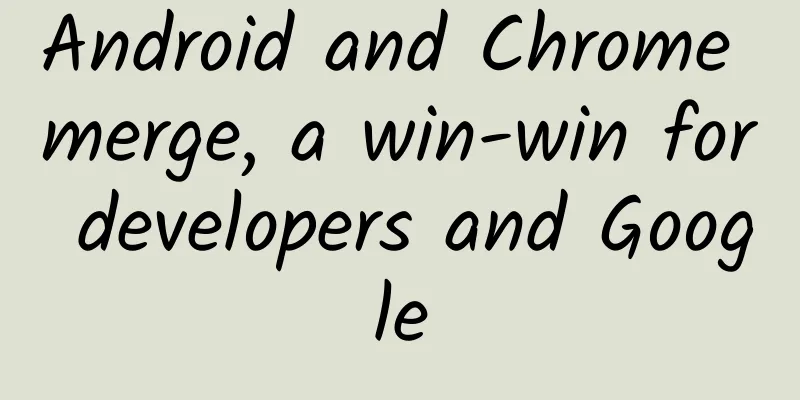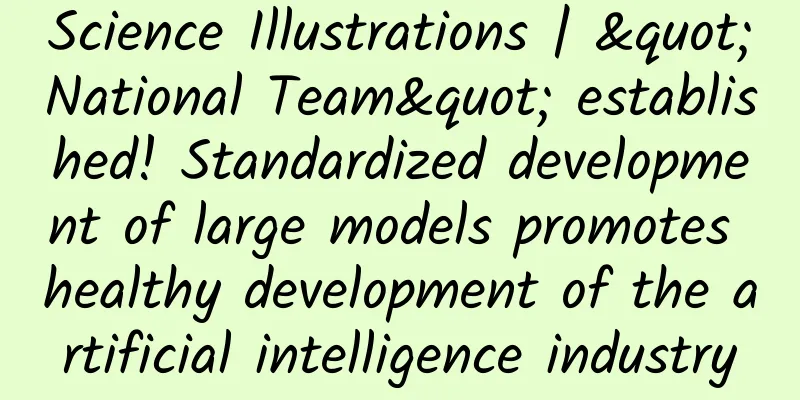Android and Chrome merge, a win-win for developers and Google

|
For a long time, developers have often faced a confusing question: Which side does Google's APP ecosystem lean towards? Chrome or Android? All this has come to light with a personnel change at Google. Recently, the Wall Street Journal reported that Hiroshi Lockheimer, the vice president responsible for the development of the Android mobile operating system, will also lead the Chrome engineering team, replacing Linus Upson, the former head of the Chrome team and the top engineer, and report to Sundar Pichai, Google's senior vice president. This not only means that the merger process of Android and Chrome will be accelerated, but also that the final focus of the integration of the two systems is likely to fall on Android. This is also consistent with the market position of the two major systems. Android dominates 85% of the smartphone market, and although Chromebook has performed well in the North American market (especially in the education industry), it only has 2% of the global personal computer market share (data from IDC in the second quarter of 2014). In fact, Google's plan to merge Android and Chrome has long been foreshadowed. As early as 2009, Sergey Brin pointed out that Android and Chrome would merge sooner or later. The more substantial move in the merger of the two systems took place at the Google Developer Conference in June this year, where Google announced that Android apps can run in Chrome. Many people believe that this marks that Google's APP strategy is more inclined towards the Android mobile platform. From the latest Android version, Lollipop, we can see that Android is no longer content with the smartphone and tablet market, but has extended its tentacles to the hot in-car computer entertainment system, wearable computer and smart TV market. In the layout of competing for these strategic markets, all signs show that Google will withdraw the jab of Chrome and hit the heavy punch of Android. ***, the integration of Android and Chrome is a win-win situation for Google and software developers. Google can further expand its Android (Chrome) developer camp, while integrating the marketing resources of the two platforms to launch a stronger challenge to Apple. On the other hand, for developers, whether you use Java to develop native Android applications or JavaScript to develop Chrome applications, you will no longer need to develop two versions of APP for Android and Chrome in the future. |
<<: The three major hacker groups that keep Americans awake at night
>>: Android 5.0 Lollipop source code released
Recommend
Who changed the world? GITC 2014 Global Internet Technology Conference
Internet technology has been around for more than...
After the first half of the price war, Chery Automobile learned to respond quickly and began to study its suppliers.
The first half of China's new energy vehicle ...
How did I make 10 million in sales from 4 live shows?
How did I make 10 million in sales from 4 live br...
How much does it cost to be a beer agent? How much can a county-level beer agent earn in a year?
You can call Snow Flake's manufacturer in Han...
Is Intel to blame for MacBook Pro's interface and memory limitations?
Intel processors have been identified as the caus...
Data analysis practice: If I do data analysis for shared bicycle products
Many people are asking: How to improve data analy...
A famous singer has passed away! This type of cancer is usually discovered in the late stages, and it is dangerous if the waist circumference exceeds this number...
Cheng Zhi, a famous tenor singer and first-class ...
8D Magic Chongqing: Our reputation as the “City of Bridges” is well deserved!
Chongqing, as one of the top ten popular tourist ...
Attracting new users: 10 common channel classifications and 100 channel summaries for APP promotion
Nowadays, it is becoming more and more difficult ...
These 7 types of vegetables have "toxins" and must be blanched before eating! One of them is in season now!
Blanching is one of the cooking methods we usuall...
Obesity is not caused by eating too much? Losing weight comes down to these 3 ways
After trying to lose weight many times, many peop...
From a "divine bird" to a "ferocious bird", what has the crow experienced over thousands of years?
What is a crow? It is a well-known "bully&qu...
The body sends out signals when you are aging. Check yourself! The key to brain longevity is to look at…
Experts in this article: Wang Gang, Chief Physici...
The latest update on VAT refund policy in 2022: Which companies can apply? These 4 conditions need to be met!
During the 2022 Two Sessions, Premier Li Keqiang ...
The three key points of enterprise private domain traffic operation are "attract", "retain" and "collect".
As public domain traffic becomes increasingly exp...









